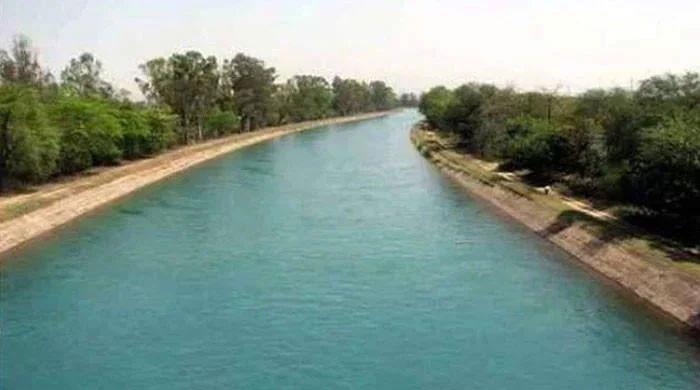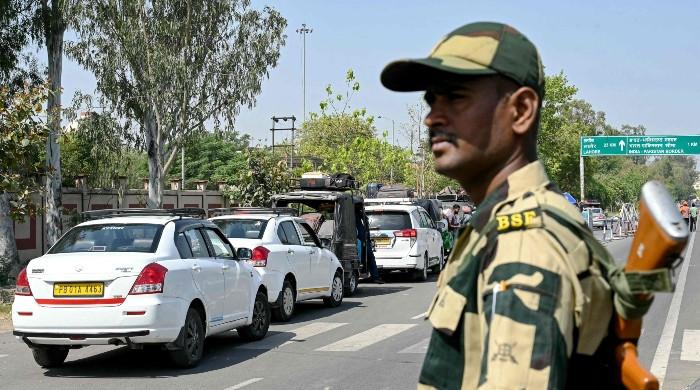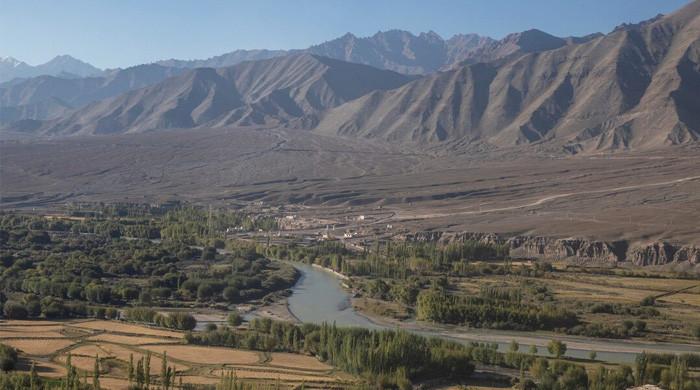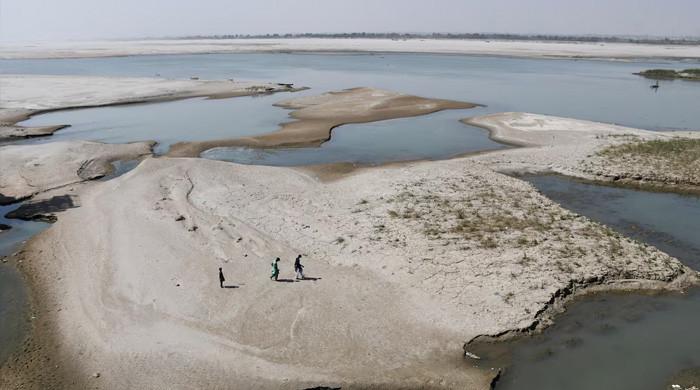Stocktaking at 75
All political parties and stakeholders must realise our over-dependence on foreign and domestic loans
May 18, 2022
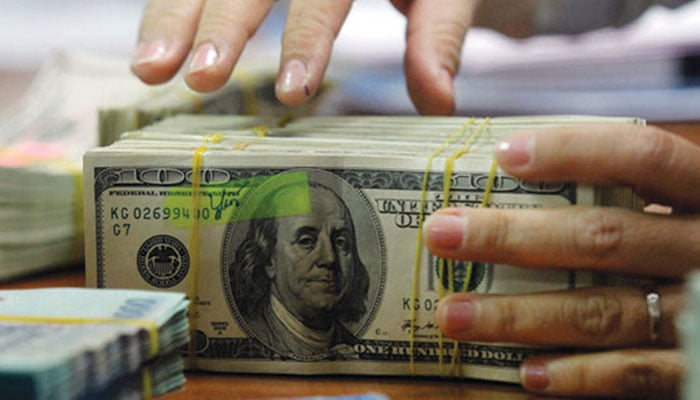
The country is in grip of another severe political and economic crisis. One of the most prominent business associations Pakistan Business Council (PBC) tweeted about urgent actions to save a Sri Lanka like situation.
Why have we ended up here after 75 years and where to go from here.
All political parties and stakeholders must realise our over-dependence on foreign and domestic loans and Pakistan’s depleting ability to pay back and get new loans.
There is “friend fatigue” now as our well-wishers bail us out every second year. Pakistan has taken 14 International Monetary Fund (IMF) loans since 1980 and friendly countries have placed deposits in our State Bank to keep us afloat.
Nuclear Pakistan remains a very important country in Muslim Ummah and global power play and hold key to stability in South Asia and Middle East. Thus there is a dire need to find solutions to our political and economic problems.
Continuity and stability of the political system hold the key. Since 2000, there is a preference for a political system, although old habits die hard and there is interference here and there.
Read more: Being apolitical is the only option
It's still better than the 90s when governments were tossed around every third year. The political parties must sit down for new general elections and conclude an election date, election reforms and caretaker setup.
The Election Commission should win the confidence of all parties and go the extra mile doing it. The public pledge by the establishment to stay “apolitical” is the best gift to the nation at 75. This should be strongly visible in the accountability domain which has been used for political engineering all these years.
Pakistan has a large population of have nots and they want to be led by politicians who are untainted. Political parties need to develop institutional depth through elected structures and modernise and encourage the flow of ideas and opinions.
The country’s economic condition is grave. The country’s debt is over 90% of its GDP. Islamabad's hunger for loans is insatiable and since 2018, around Rs18 trillion more have been borrowed which has pushed total debt beyond Rs43 trillion.
Read more: World Bank assures support to Pakistan's economic reforms
One of the biggest contributors to the debt pile is the devaluation of the rupee which has lost unprecedented value since 2018. The total market capitalisation of the Pakistan Stock Exchange (PSX) in rupee terms was Rs8,571 billion in 2017 and in 2021 it's down to Rs7,900 billion. in US dollar, the decline is more than 100%. Similarly, the economy has shrunk in dollar terms in the last few years.
One of the major reasons for Pakistan's economic ills is the foreign exchange crisis which results from a lopsided economic structure. We have an informal economy equal to the size of a formal economy which does not pay taxes. They have surplus non-taxed wealth which is used to expand the business and buy consumer goods of foreign origin and consume heavy foreign exchange.
The IMF and World Bank estimate that Rs5 trillion of tax revenue is lost and not recovered in Pakistan's economy. Our tax system is retrogressive as it relies on indirect taxes which ultimately the ordinary Pakistanis have to pay.
The share of direct taxes like income tax is one-third of total tax collection whereas, in India, 50% of tax income comes from direct taxes as per global trends. Manufacturing and salaried class in Pakistan pay the bulk of income tax while big, medium and retail business does not pay their share of income tax.
Read more: Swiss chocolates, French cheese, cars — cut imports to save $10b
There are around Rs2 trillion concessions given in income tax which different businesses continue to enjoy. NADRA has identified over three million people who don’t file or pay income tax despite heavy travel, expenses, property etc.
Around 2.5 million out of over seven million registered taxpayers file income tax returns whereas an almost equal number has never bothered to enter the tax net at all. On top of all this, every few years, the government issues an amnesty scheme at very low tax rates which allows wealth holders in Pakistan and abroad in trillions to whiten their wealth and the state loses revenue worth hundreds of billions. The real estate sector is another source of tax evasion and over 3,000 housing societies are not registered with tax authorities while thousands do not pay their due share.
Pakistan has over five million retailers with market size of nearly Rs10 trillion and makes up around 18% of Pakistan's economy. However, the share of the retail sector in income tax collection is less than 5%. The retail sector's share in income tax filers is very minimal and operates without documentation. That’s why the number of Point of Sale terminals (PoS) in Pakistan retail outlets is less than 0.1 million. In Iran, there are around seven million PoS terminals which operate under a special network called Shaparak and document nearly 85% of all transactions.
Pakistan needs to bolster its exports and focus on regional trade and the digital economy. Extraordinary effort is needed to increase trade in Iran Turkey corridor and Afghanistan Central Asia corridor which has the potential for new export revenue of over $5 billion.
Read more: Three things the govt must consider when revising the State Bank Act
Concessional credit should be provided to export-based small and medium enterprises and bipartisan political effort should be made to enact Pakistan Export and Import (EXIM) Bank Law which is yet to be tabled in National Assembly after passage in the standing committee. Indian EXIM Bank is functional since 1980 and has given loans of over Rs1 trillion to date.
The agriculture sector needs to be modernised and Pakistan has tremendous potential in exports of agri and livestock products. The Netherlands has a fraction of Pakistan’s landmass but its agri exports at over USD 100 billion are many times more than Pakistan due to the latest farming technology and practices.
In addition, the privatisation of over 30 loss-making state-owned enterprises (SoEs) which are responsible for net losses of over Rs 150 billion among SoEs should be done on an immediate basis. Needs reforms in the Energy sector with a circular debt of nearly three trillion are direly needed.
Pakistan's potential is still untapped and a stable and capable government after the coming elections is critical to ease the burden of the masses.




